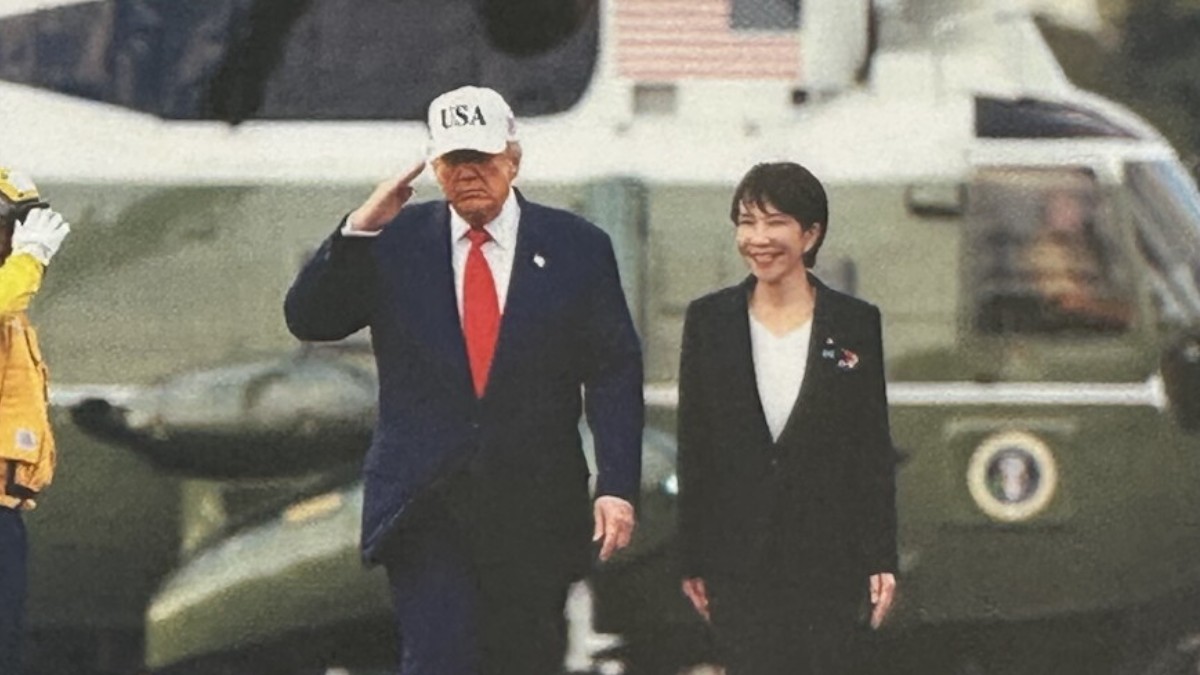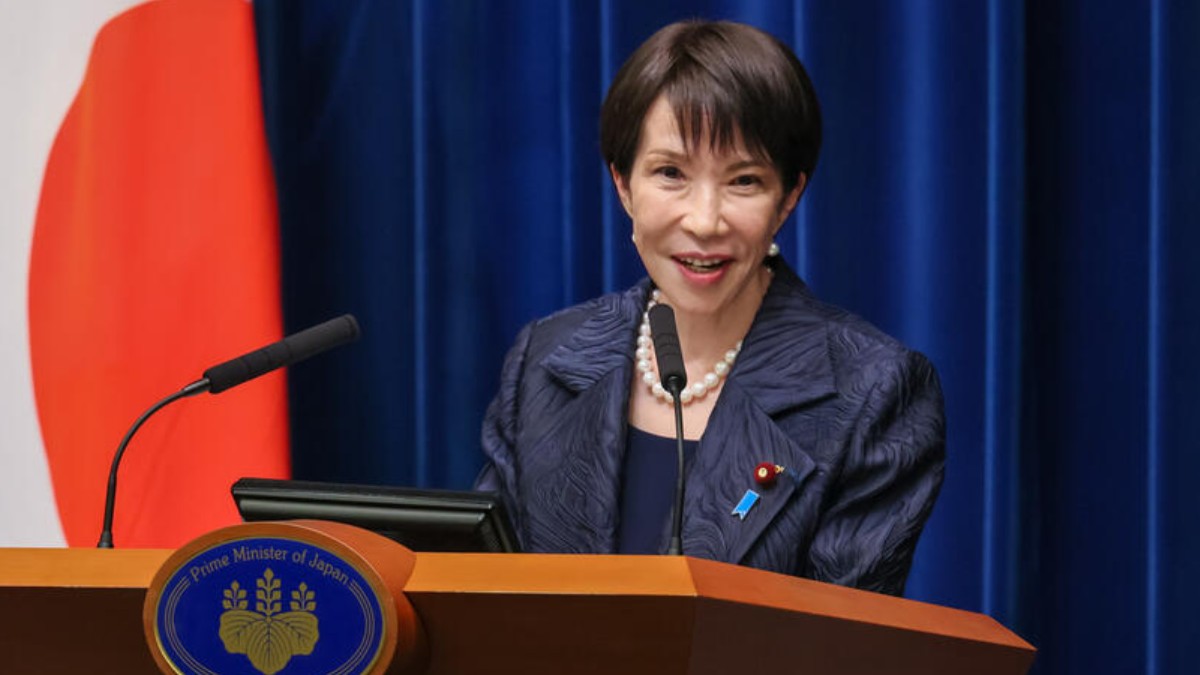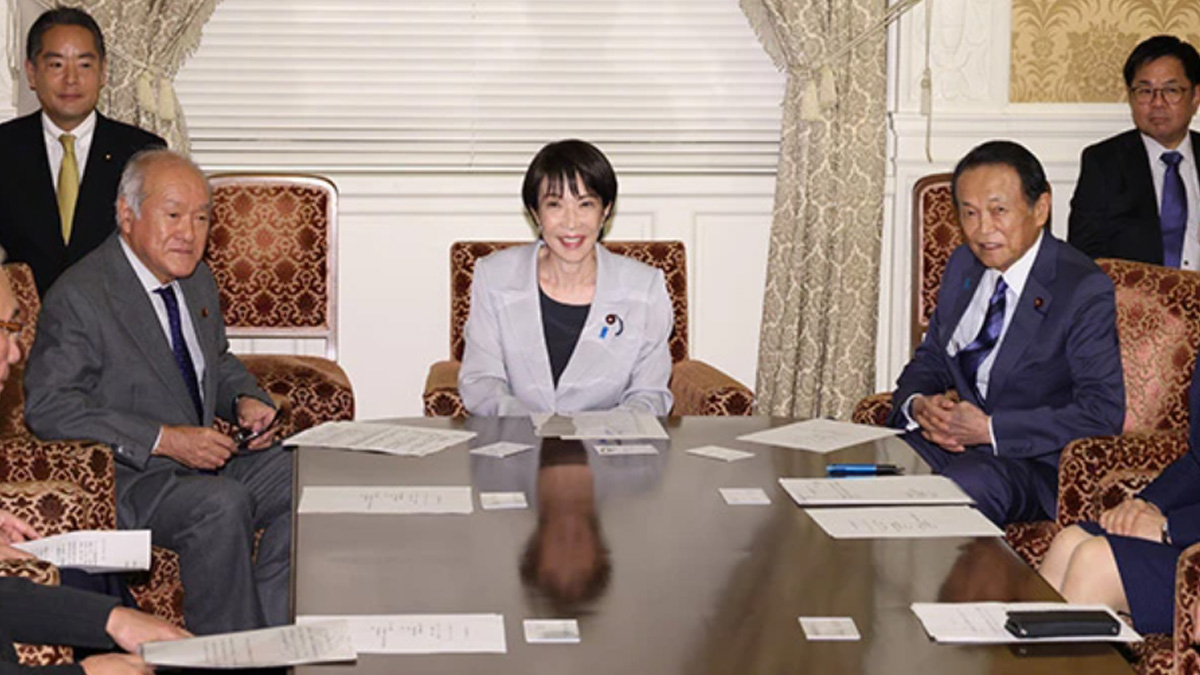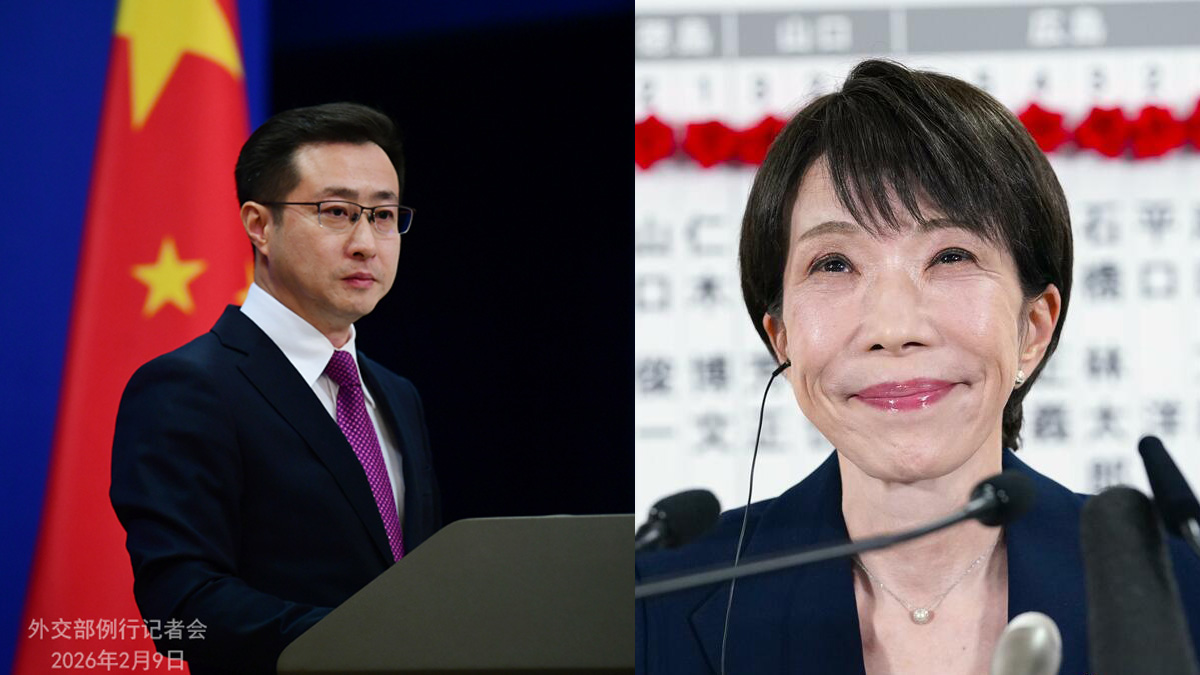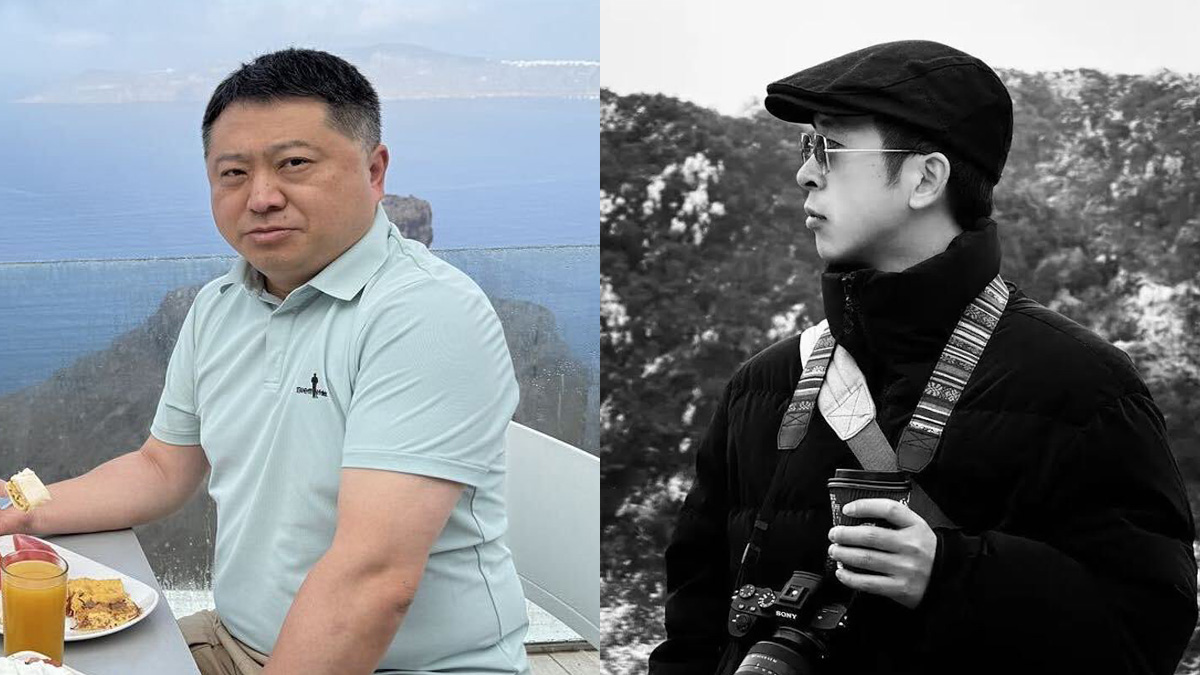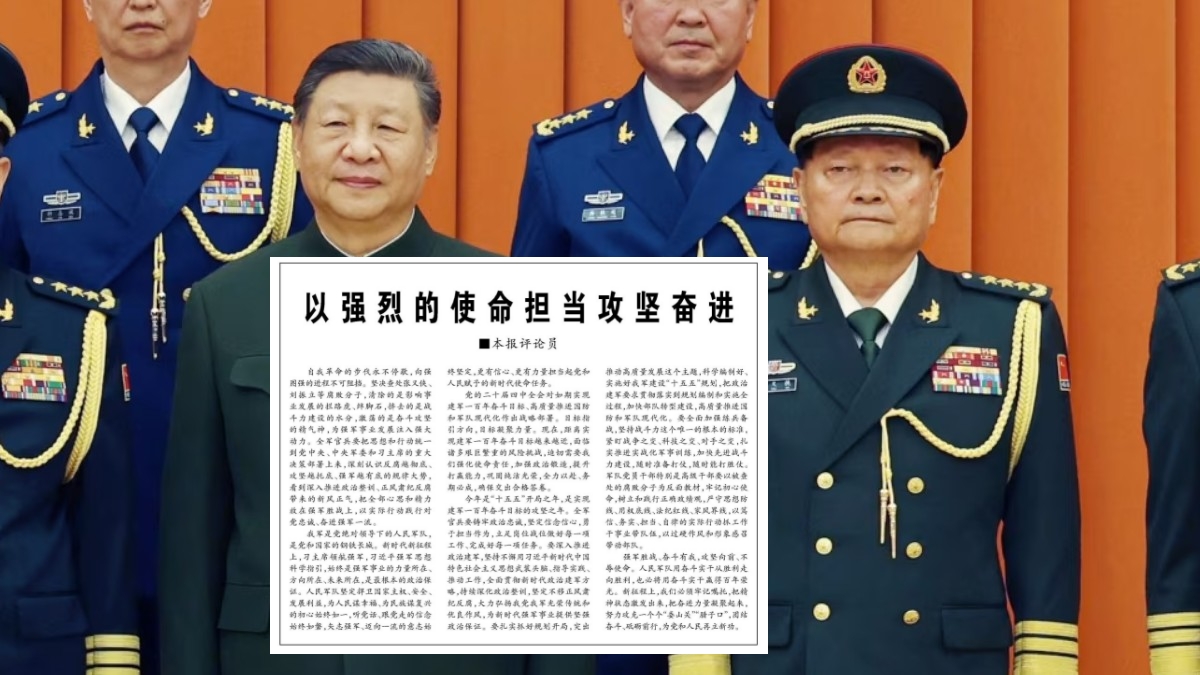China advises citizens against travel to Japan amid Taiwan-related diplomatic row
Beijing has warned its citizens against travelling to Japan, escalating tensions following Prime Minister Sanae Takaichi’s remarks on a possible Japanese military response to an armed conflict over Taiwan.
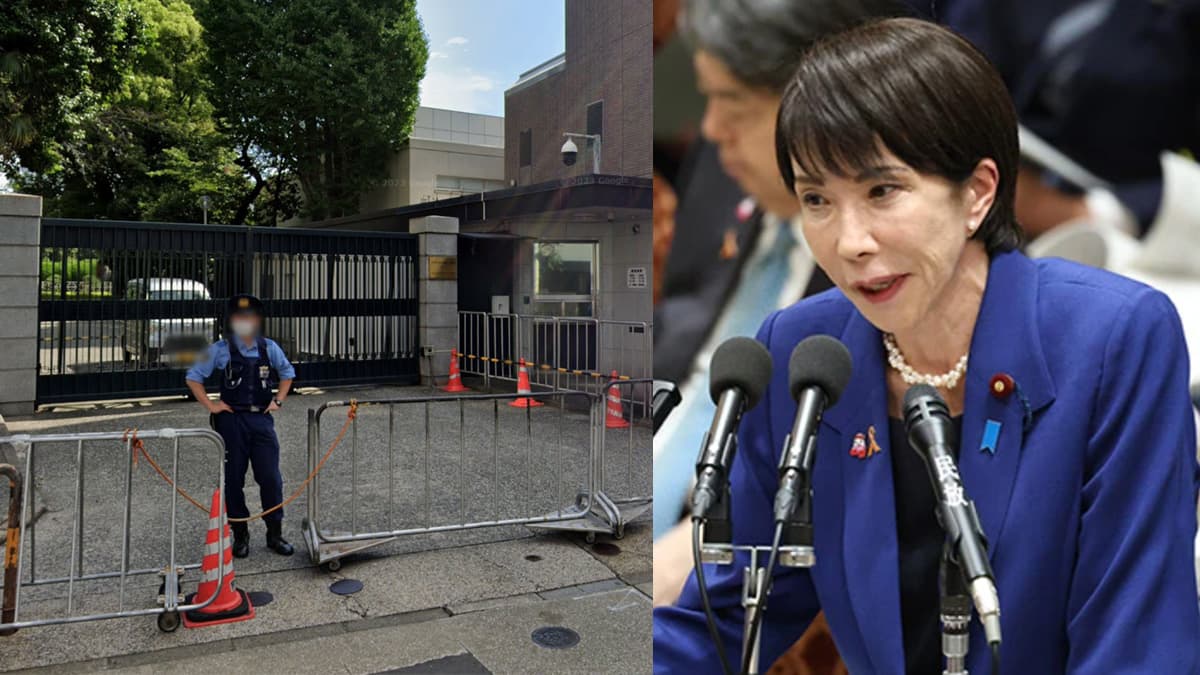
- China has warned citizens against travelling to Japan, citing rising personal safety risks.
- Tensions escalated after Prime Minister Sanae Takaichi suggested Japan might intervene militarily in a Taiwan conflict.
- Both countries summoned each other's ambassadors amid a diplomatic and rhetorical escalation.
Beijing has issued a rare warning urging its citizens to avoid travelling to Japan, amid escalating diplomatic tensions following remarks by Japan’s Prime Minister Sanae Takaichi regarding Taiwan and growing unease over Tokyo’s evolving military policies.
On 15 November, China’s embassy in Japan posted on WeChat, warning of "significant risks to the personal safety and lives of Chinese citizens" in Japan. The advisory cited what it called "blatantly provocative remarks" by Japanese leaders, particularly concerning Taiwan.
The announcement came days after Takaichi, addressing Japan’s parliament on 7 November, said a forceful takeover of Taiwan could trigger a military response from Japan under its right to collective self-defence. She argued such a scenario could threaten Japan’s survival, given Taiwan's proximity to Japanese territory.
China, which claims Taiwan as its own and has not ruled out using force to assert control, swiftly condemned the comments. On 14 November, Foreign Ministry spokesperson Lin Jian stated that Beijing was "seriously concerned" by Japan’s recent security and military posture.
Lin referred directly to the ambiguity shown by Takaichi when asked about Japan’s longstanding “three non-nuclear principles,” as well as increasing openness by Japanese ministers to acquiring nuclear-powered submarines.
"The Takaichi administration has been vague on its commitment to the non-nuclear principles," Lin said, warning that Japan's shift risks sending “dangerous signals” to the international community. “Senior Japanese officials have even said that they do not rule out the introduction of nuclear submarines,” he added.
Further heightening tensions, Chinese diplomats in Japan reportedly received internal instructions to avoid unnecessary outings due to increasing hostility.
Responding to media inquiries, Lin confirmed China’s concern over “extreme and threatening rhetoric” from Japanese right-wing figures and urged Tokyo to “take these matters seriously, investigate them and prevent further escalation.”
The situation took another diplomatic turn when a now-deleted social media post by the Chinese Consul General in Osaka, Xue Jian, appeared to contain threatening language directed at Takaichi.
Tokyo labelled the post “wholly inappropriate” and summoned the Chinese ambassador, while Japan’s ruling Liberal Democratic Party passed a resolution demanding that Xue be declared persona non grata.
Beijing, in turn, summoned Japan’s ambassador over the issue. Lin defended China’s position, accusing some Japanese politicians and media of "deliberately stirring up" tensions and trying to shift blame. He called on Japan to "correct its mistakes" and return to responsible diplomacy.
The Chinese Foreign Ministry’s statements go beyond recent comments and touch on broader historical grievances. Lin referred to Japan’s actions during World War II and questioned whether the country had truly distanced itself from militarism.
“In recent years, Japan has significantly increased its defence budget, relaxed arms export rules, and pursued offensive military capabilities,” Lin said. “These moves, along with provocative remarks on Taiwan, raise legitimate questions among Asian neighbours and the global community.”
He added that 2025 marks the 80th anniversary of both the victory in the Chinese People’s War of Resistance Against Japanese Aggression and Taiwan’s liberation from Japanese colonial rule. “We urge Japan to deeply reflect on its history, commit to peaceful development, and stop using regional tension as an excuse to expand its military,” he said.
Takaichi, a known conservative and critic of China, has not walked back her comments. She maintains they align with Japan’s 2015 security legislation allowing limited collective self-defence and insists they do not signal a change in official Taiwan policy.
Historically, Japan has avoided commenting explicitly on Taiwan’s defence, preferring to maintain strategic ambiguity in line with its post-war pacifist constitution. The recent shift in tone has not gone unnoticed.
While economic relations between China and Japan remain substantial, diplomatic relations have grown increasingly strained over military posturing, regional influence, and historical memory.
Whether the current rift deepens will depend on further political decisions and rhetoric on both sides in the weeks ahead.


